IRAN says relations with RUSSIA are progressing in line with mutual interests & in a generally satisfactory manner
In recent developments, Iranian officials have emphasized that their relationship with Russia is evolving positively, guided by mutual interests and progressing in a satisfactory manner. This statement comes as both countries continue to strengthen their ties in various sectors, ranging from energy and defense cooperation to broader geopolitical considerations. As international relations evolve in the wake of shifting global dynamics, the Iran-Russia alliance seems to be growing in importance, especially given the economic and strategic challenges each nation faces.
Strengthening Diplomatic and Economic Ties Between Iran and Russia
The diplomatic relationship between Iran and Russia has been long-standing, marked by both cooperation and occasional tension. However, recent years have seen a notable increase in collaboration, with both nations recognizing the benefits of closer ties in a rapidly changing global order. Economic cooperation is a key area where both countries have found mutual benefit. Sanctions imposed on Iran and Russia by Western nations have provided an impetus for these two nations to seek closer economic partnerships.
One area of significant growth is in energy cooperation. Russia, as a major global energy player, has been pivotal in helping Iran navigate the challenges of energy exports, especially following the reimposition of international sanctions on Iran. Through joint ventures and shared technological advancements, both countries are working together to maximize their energy potentials. For instance, Russian companies have been involved in assisting Iran with its oil and gas projects, which helps ensure that Iran’s energy industry remains competitive despite the ongoing sanctions.
Military and Security Cooperation
In addition to economic collaboration, Iran and Russia have also bolstered their military and defense ties. Both nations share concerns regarding regional security, particularly in the Middle East. Russia’s support of Iran’s military capabilities, such as the provision of advanced weaponry and defense systems, has been a cornerstone of their strategic relationship. The two countries have also engaged in joint military exercises, which further solidify their military alliance.
The mutual security interests of Iran and Russia are particularly evident in the context of Syria. Both nations have been instrumental in supporting the Syrian government of Bashar al-Assad during the Syrian Civil War, making them pivotal players in the region. Their combined military support has significantly shaped the outcomes of the conflict, with both countries using their influence to ensure stability in the region. As they work together to prevent the spread of extremist groups and ensure regional stability, their cooperation continues to evolve into a critical axis in the Middle East.
Political Alignment on Global Issues
On the global stage, Iran and Russia are increasingly aligned on various political issues. Both countries are wary of Western influence and have often found common ground in opposing what they perceive as interference in the sovereignty of nations. The United States and its allies have imposed sanctions on both Iran and Russia for various reasons, including Iran’s nuclear program and Russia’s actions in Ukraine. These shared experiences with Western sanctions have fostered a sense of camaraderie between the two countries.
Moreover, both nations have sought to challenge the dominance of Western powers in global affairs by advocating for a more multipolar world order. Iran and Russia are united in their calls for reforms in international institutions such as the United Nations Security Council, where both countries hold veto power. This shared vision for a more equitable global system has further strengthened their partnership, as they work together to resist the pressures of Western hegemony.
Economic Impact of the Iran-Russia Relationship
The strengthening of Iran-Russia relations has had a significant economic impact on both countries. With sanctions limiting their access to Western markets, both nations have increasingly turned to each other for trade and investment opportunities. Iran has become a key partner for Russia in the Middle East, providing access to vital resources and trade routes. In return, Russia offers Iran access to advanced technologies and military equipment that Iran may otherwise struggle to obtain due to international restrictions.
One of the most notable outcomes of this growing economic partnership has been the expansion of trade between the two nations. In recent years, bilateral trade has seen a substantial increase, with both countries seeking to diversify their economic engagements. While energy remains a dominant sector, Iran and Russia have also explored other areas for cooperation, such as agriculture, transportation, and infrastructure development. With Russia’s vast natural resources and Iran’s strategic location, the two countries have the potential to create a robust trade network that benefits both parties.
Cultural and Social Exchanges
While the political and economic aspects of the Iran-Russia relationship have garnered much attention, the cultural and social exchanges between the two nations should not be overlooked. Over the years, there have been numerous initiatives aimed at promoting greater understanding and collaboration between the Iranian and Russian people. Academic exchanges, cultural events, and people-to-people connections are increasingly being fostered to build stronger ties between the two nations.
Cultural diplomacy plays a significant role in breaking down barriers and creating a more positive public perception of bilateral relations. As Iranians and Russians share cultural, historical, and religious commonalities, these exchanges provide an opportunity to deepen their connections on a personal level. These grassroots efforts contribute to the overall strength of the partnership and ensure its longevity in the future.
Challenges and Future Prospects
Despite the generally positive trajectory of Iran-Russia relations, challenges remain. Both countries face external pressure from Western powers, which can complicate their ability to pursue their mutual interests fully. Additionally, internal political changes in either country could impact the dynamics of their partnership, as shifts in leadership often bring about shifts in foreign policy priorities. However, the enduring strategic importance of their alliance suggests that, barring unforeseen circumstances, the relationship between Iran and Russia is likely to continue progressing in a positive direction.
Looking ahead, the future of Iran-Russia relations appears promising. Both countries recognize the advantages of maintaining a stable and cooperative relationship, particularly as they navigate the complexities of global geopolitics. As long as both nations continue to prioritize their shared interests, the partnership between Iran and Russia will likely remain a significant force in international affairs.
In conclusion, Iran’s recent statement on the progress of its relations with Russia underscores the growing importance of their bilateral ties. Through shared economic, military, and political interests, both nations are carving out a path of cooperation that benefits them on multiple fronts. As the global political landscape continues to shift, the Iran-Russia relationship may become an increasingly influential axis in international relations, shaping the future of both countries and the broader geopolitical environment.
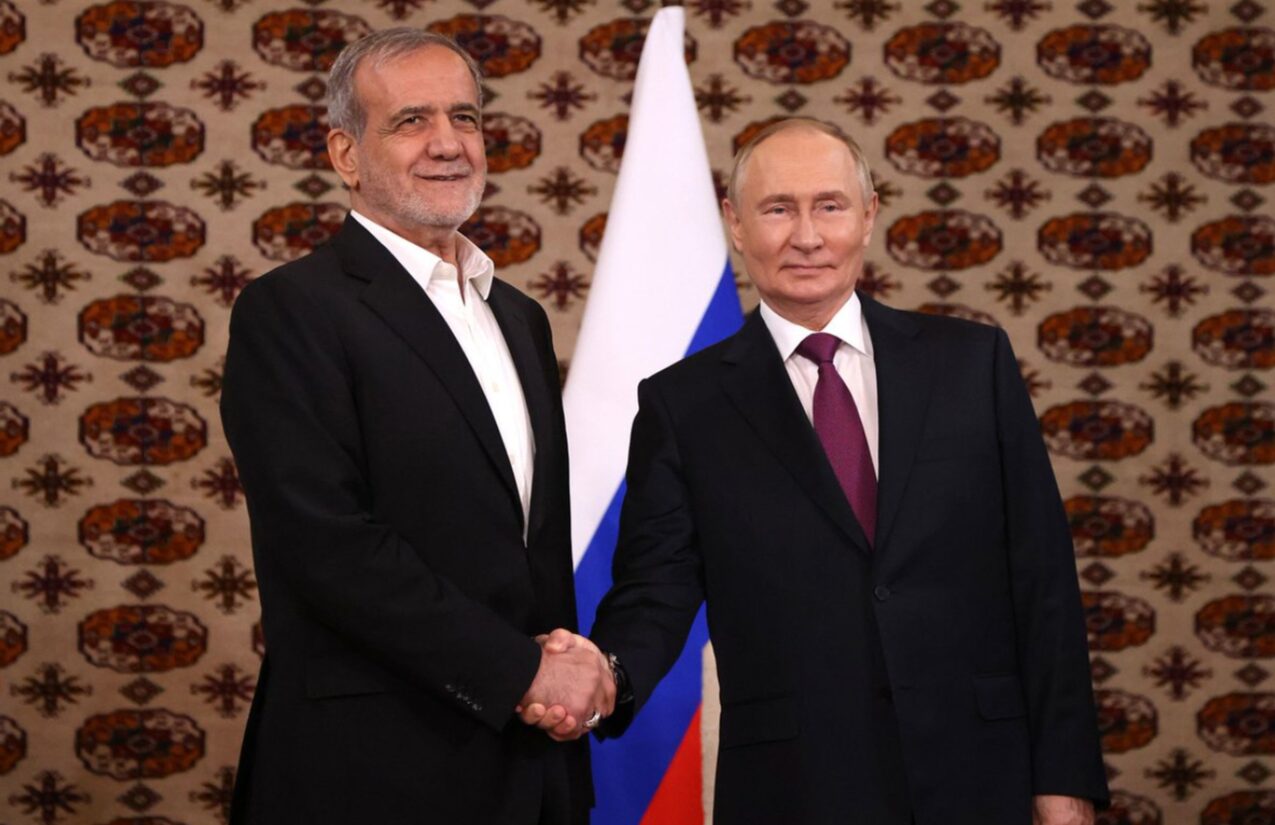
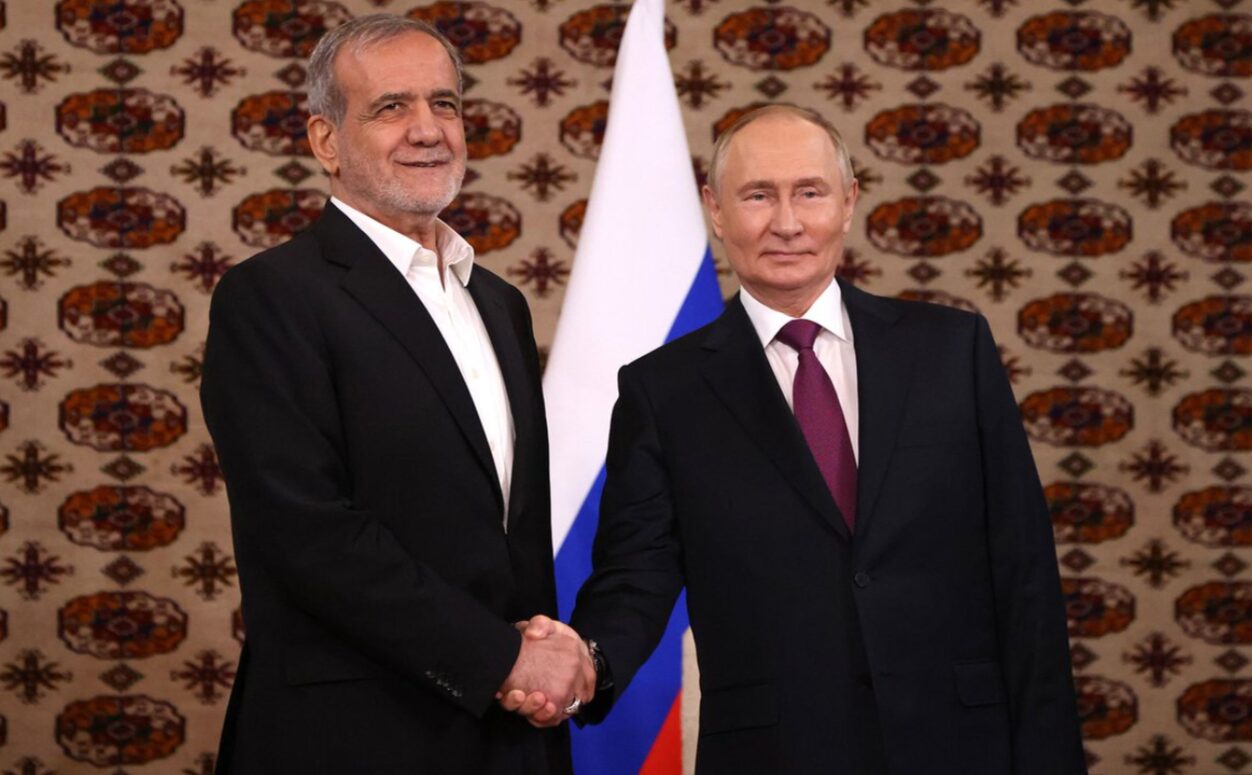
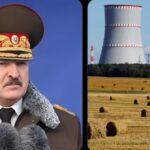

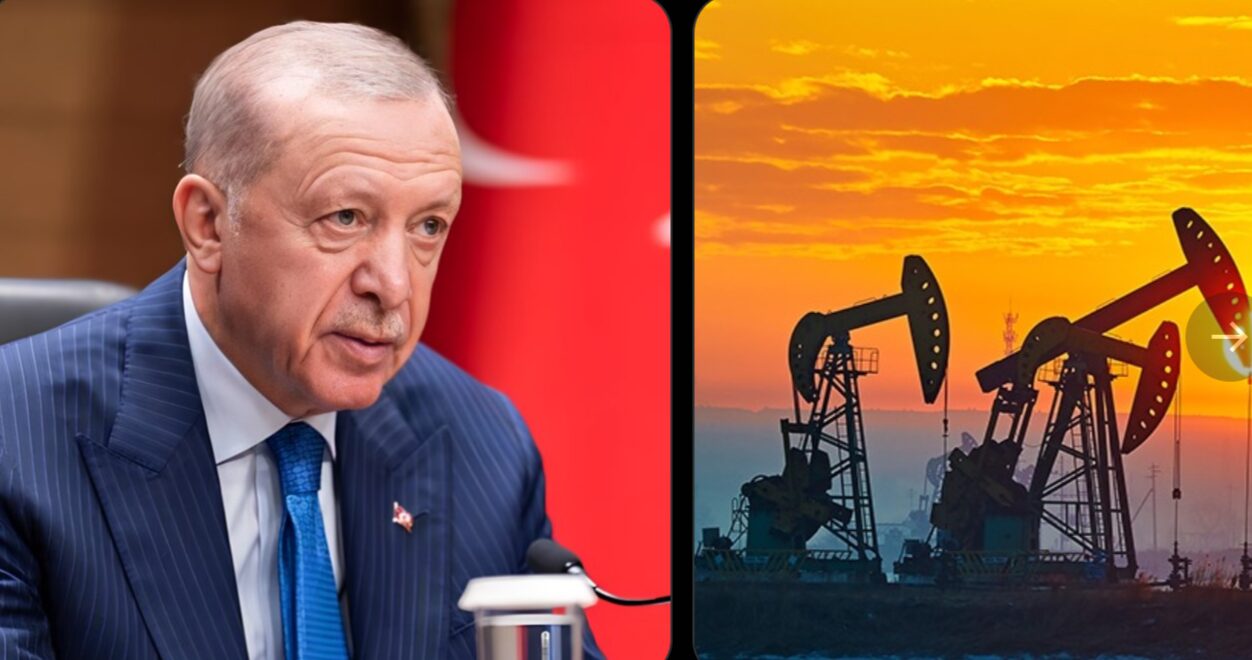
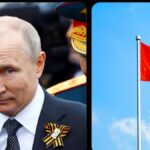


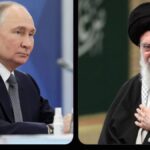








Post Comment